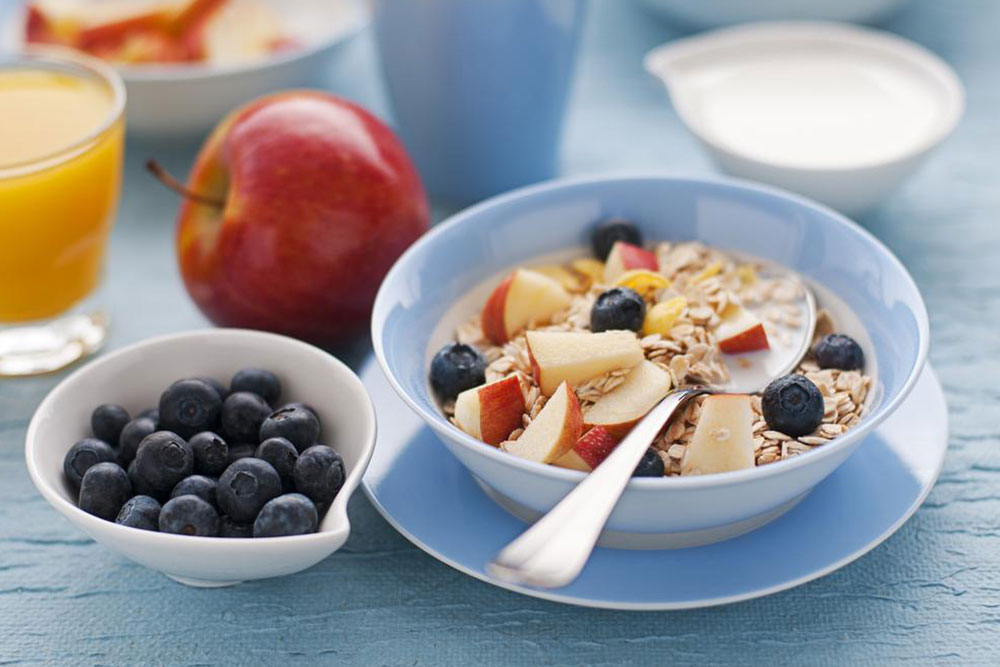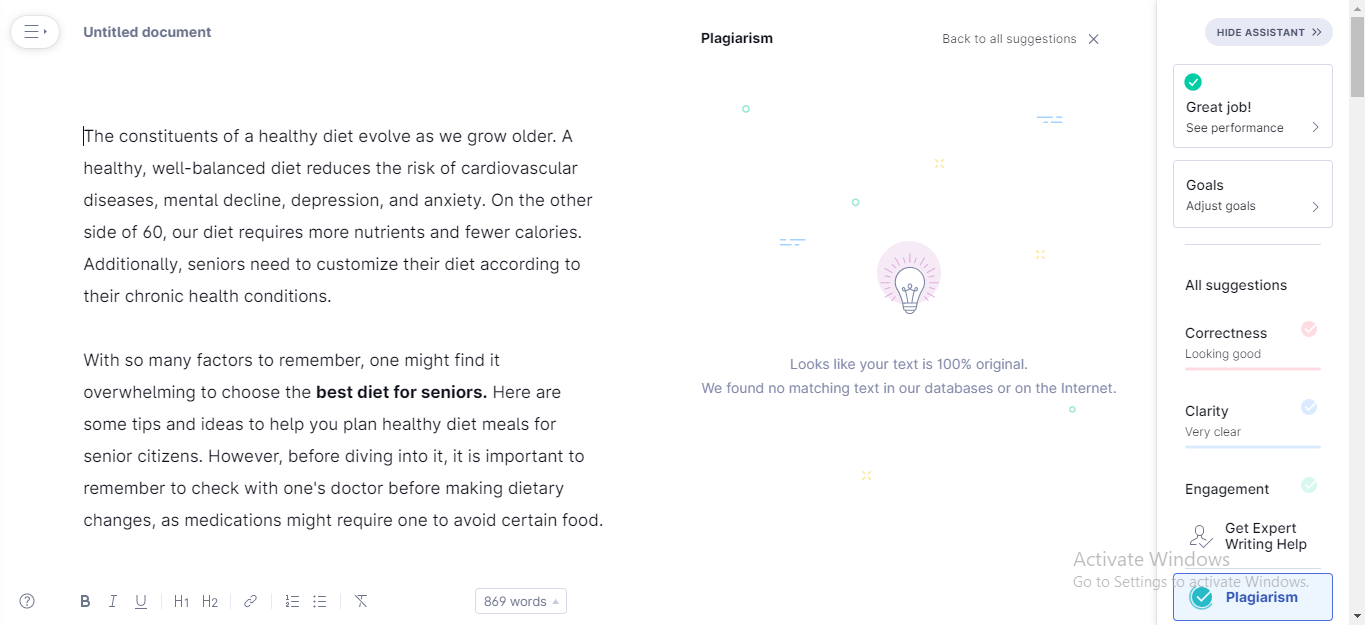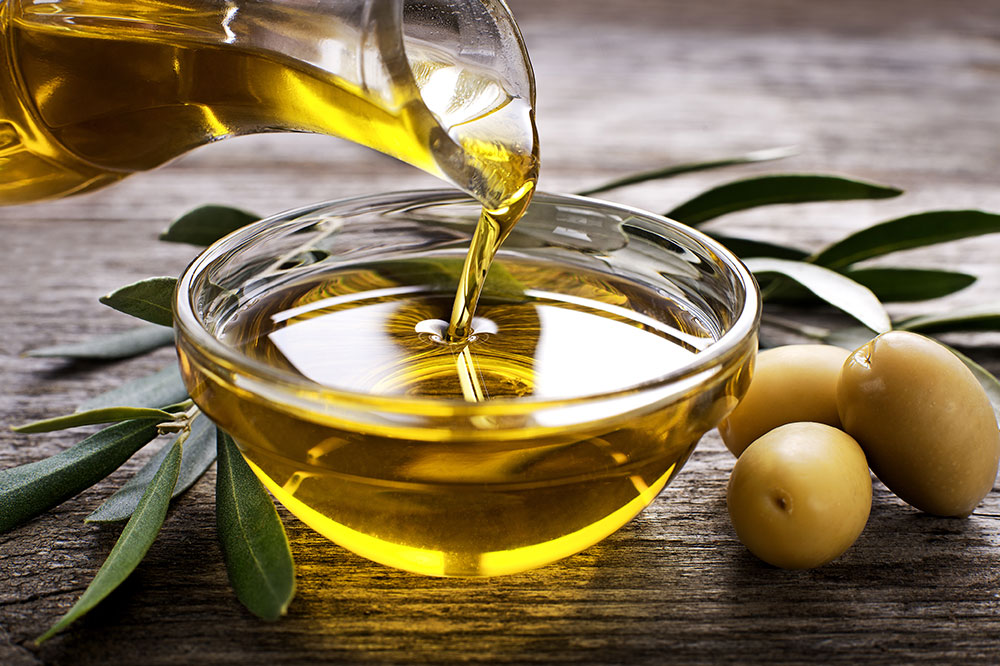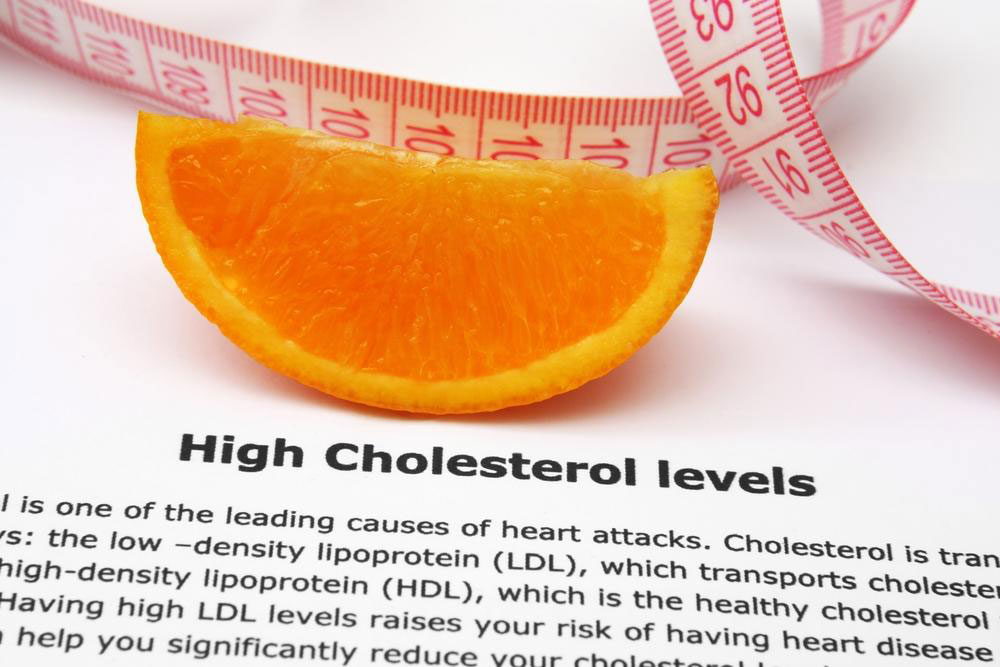Comprehensive Nutrition Strategies for Women in Advanced Age
Discover comprehensive nutrition strategies tailored for women in later life. This detailed guide explores the Mediterranean, MIND, TLC, and flexitarian diets, emphasizing key foods and nutrients essential for maintaining health, vitality, and cognitive function. Learn how to adapt your dietary habits to promote longevity, prevent chronic diseases, and enjoy a vibrant, youthful life in your golden years.
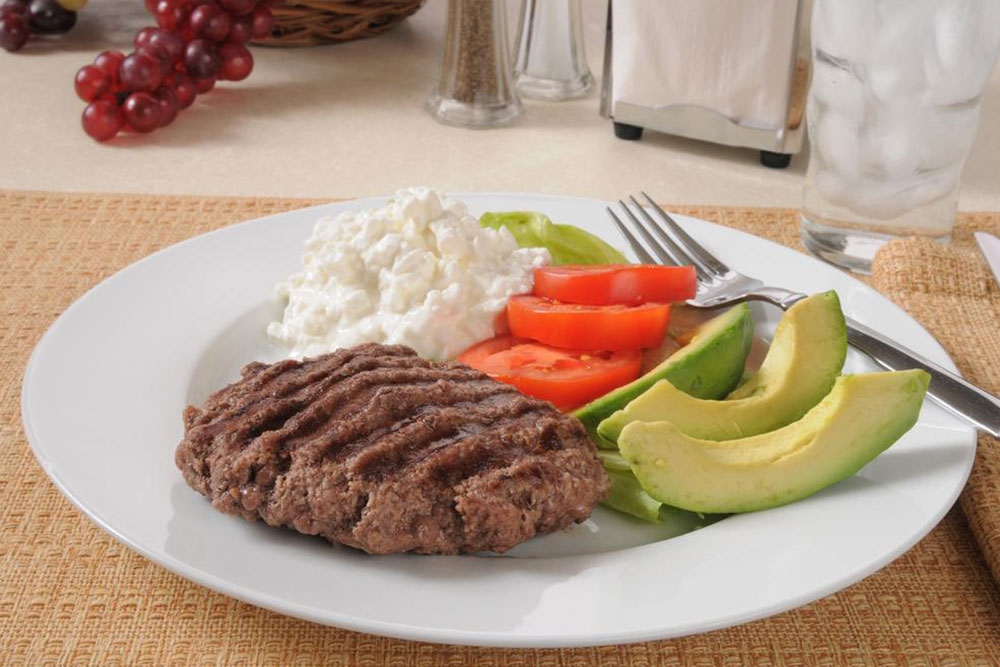
Comprehensive Nutrition Strategies for Women in Advanced Age
As women transition into later stages of life, maintaining optimal health and vitality becomes an essential aspect of daily living. Aging brings about various physiological changes, including diminished skin elasticity, decreased bone density, reduced vitamin D synthesis from sunlight, and altered metabolic processes. These changes necessitate tailored nutritional approaches to support overall well-being, prevent age-related conditions, and promote a vibrant, healthy lifestyle. Adopting a scientifically backed, nutrient-rich diet can significantly slow down aging signs and help women retain their youthful appearance and energy levels. While medications and supplements play a role, a focus on creating sustainable, healthful dietary habits at home is paramount.
Mediterranean Diet: Originating from countries bordering the Mediterranean Sea, such as Greece and Italy, this diet has gained global recognition for its health benefits. Rich in vegetables, fruits, whole grains, lean proteins like fish and poultry, nuts, and olive oil, it emphasizes fresh, minimally processed foods. The Mediterranean diet is associated with reduced inflammation, improved cardiovascular health, and increased longevity. For women in later life, adopting this dietary pattern can help combat chronic diseases, maintain skin health, and support joint function. It also encourages social eating habits, which have positive effects on mental health.
MIND Diet: The MIND (Mediterranean-DASH Intervention for Neurodegenerative Delay) diet is specifically designed to bolster brain health, thereby reducing the risk of cognitive decline and Alzheimer’s disease. This diet combines elements of the Mediterranean and DASH (Dietary Approaches to Stop Hypertension) diets. It emphasizes berries, leafy greens like spinach and kale, nuts, whole grains, fish, poultry, and moderate wine consumption. It also advises limiting red meats, butter, cheese, and fried foods. For women in later years, following the MIND diet can translate into better memory, sharper mental acuity, and reduced risk of neurodegenerative diseases—essential aspects of aging gracefully.
TLC Diet: The Therapeutic Lifestyle Changes (TLC) diet focuses on lowering cholesterol levels to promote heart health, a critical concern for aging women. It encourages reducing saturated fats found in fatty meats, full-fat dairy, and processed snacks, while increasing intake of soluble fiber from oats, beans, and vegetables. Incorporating healthy fats like those from fish and nuts helps support cardiovascular function and reduces the risk of stroke. The TLC diet is also beneficial in managing blood pressure, which often rises with age. By integrating these principles, women can preserve their cardiovascular health and enjoy a higher quality of life.
Flexitarian Diet: Promoting flexibility and personalized nutrition, the flexitarian diet advocates for predominantly plant-based foods with occasional consumption of meat and animal products. This approach emphasizes vegetables, fruits, legumes, whole grains, nuts, and seeds, offering essential nutrients and antioxidants that combat aging processes. Moderate meat intake allows for enjoyment and dietary variety without compromising health benefits. For women seeking sustainable, adaptable dietary habits, the flexitarian diet offers a balanced pathway to improve health markers, control weight, and reduce the risk of age-related illnesses.
In addition to these main dietary frameworks, specific foods rich in vital nutrients should be incorporated into daily eating routines. Vitamin D-fortified milk and yogurt are crucial for maintaining bone density and reducing the risk of osteoporosis, a common concern amongst older women. Whole-grain cereals enriched with vitamin B12 support nerve health and red blood cell production, addressing common deficiencies that occur with aging. Incorporating foods high in antioxidants, such as berries and leafy greens, helps combat oxidative stress and reduce inflammation. Hydration remains essential—drinking adequate water supports skin elasticity and joint lubrication. While no single diet can entirely halt the aging process, consistency in nutritious eating habits significantly enhances energy levels, immunity, skin health, and overall quality of life for women as they age. Embracing these dietary guidelines empowers women to age healthfully, remain active, and enjoy life’s later years with vitality and grace.
